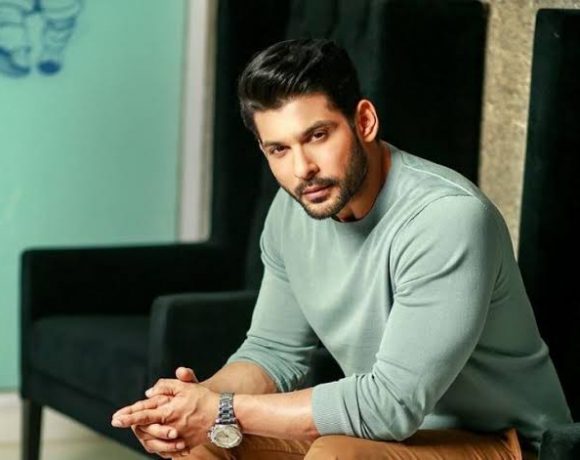Communal violence in northeast

 From his hiding place in a cowshed, Sefaqul Islam watched as masked gunmen moved through his village, shot women and children dead with automatic rifles and tossed wounded survivors into the blazing remains of their homes. The cattle herder’s sister and seven-year-old nephew were among 41 Muslims killed by suspected tribal militants last week in India’s remote state of Assam, the latest atrocity against people accused of being immigrants from neighboring Bangladesh.
From his hiding place in a cowshed, Sefaqul Islam watched as masked gunmen moved through his village, shot women and children dead with automatic rifles and tossed wounded survivors into the blazing remains of their homes. The cattle herder’s sister and seven-year-old nephew were among 41 Muslims killed by suspected tribal militants last week in India’s remote state of Assam, the latest atrocity against people accused of being immigrants from neighboring Bangladesh.
“We will never go back to the village,” said Islam, as he and dozens of Narayanguri’s traumatized inhabitants erected bamboo-framed tents on the opposite bank of the Beki river. Police and local residents said three separate attacks were carried out by militants from the ethnic Bodo community as punishment for Muslims who failed to support their local candidate in the election, which is still going on across India.
The worst outbreak of communal violence in the northeastern region since 2012 has compounded fears among Muslims living along the India-Bangladesh border who feel they are being singled out by the man widely expected to be India’s next prime minister – Narendra Modi. The Hindu nationalist candidate, campaigning mainly on a ticket of economic growth, has ratcheted up rhetoric against illegal immigrants from Bangladesh, saying they should have their “bags packed” ready to be sent home should he win.
“The infiltrators have to go, go and go,” Modi said on Wednesday in West Bengal, which also borders Bangladesh. “Don’t you think they have made your life miserable?” A few miles from Narayanguri, in an area prone to religious violence, Modi made a similar speech a few days before the massacres, warning that Bangladeshis were taking over the state.
While there is no evidence Modi’s words had any bearing on the latest bloodshed in a long-running conflict, his rivals say the speeches, which continued after the attacks, risk alienating many in India’s Muslim minority of 150 million people. He has distinguished between economic immigrants from Bangladesh and Hindu refugees, whom he calls “family” escaping religious persecution in the Muslim-majority nation.
The prospect of an Indian prime minister forcing Muslims of Bangladeshi origin to return home has also raised alarm bells in Dhaka, where the government said it would resist any such move. “If they do it, the relationship between the two countries will be jeopardized, it will be damaged,” said Bangladesh Commerce Minister Tofail Ahmed. “India, being a big country, a democratic country, a secular country, cannot take such a position.”
Denisha Sahadevan








